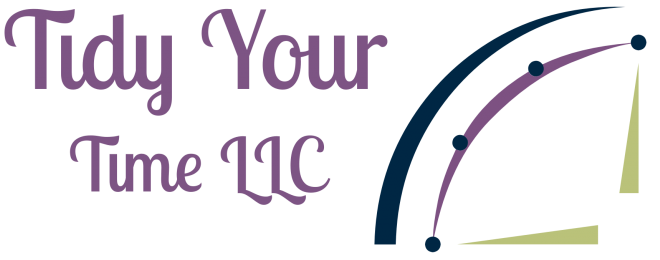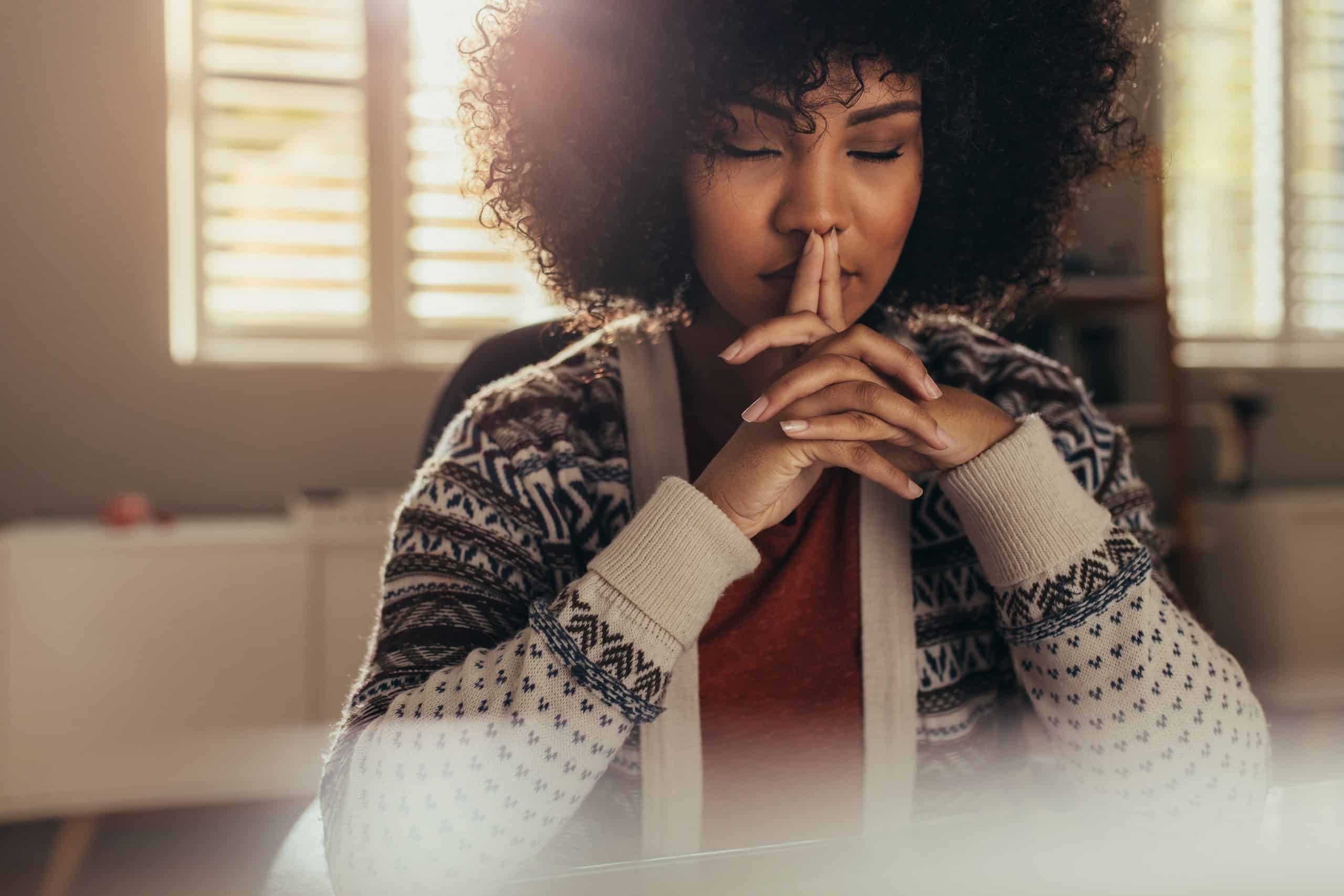1. Mindfulness
American culture tends to focus on outcome and results. It doesn’t matter how hard you try. It only matters if you win, and focusing on future results that we may or may not achieve causes stress over an uncertain outcome. Hold up—people everywhere worry about results. What’s the point in doing something, if you’re not going to do it right?
Okay, I get what you’re saying. I’m just not sure it’s true. 13% of American adults are on antidepressants according to a 2018 CDC study. I don’t think that number holds up for the rest of the world.
And when we talk about self-care, mental health is often overlooked. If one thing changes after this pandemic, I hope we come out of this year-long series of restrictions with a new appreciation for how important our mind actually is. Mindfulness is essentially just being present in the moment, aware of your surroundings, what you’re doing, and who you’re with. Stressing over the outcome of what you’re doing produces anxiety. But the more important fact is that this moment you’re currently in is the only one you can control. Focusing on this moment will help you achieve better results.
The thing I love about mindfulness as a productivity tool is it’s useful for everything. Focusing on this blog post instead of the fact my kid is screaming, there is a mound of laundry waiting to be done, and I haven’t gone to the grocery store in two weeks gets the blog post done. Hopefully in a way that improves your day. But being mindful of the handful of trail mix I grab from the bag and savoring the taste of each peanut and raisin instead of worrying about what you think of me as you’re reading this also helps me feed my body what it needs and only what it needs.
As a tool, mindfulness allows you to be productive in all areas of your life.
2. Self Check-Ins
If mindfulness is being present in the moment, the self check-in is the gauge to make sure we’re mindful. If you’re feeling overly anxious and obsessing with results to the point you’re not accomplishing what you should be doing ask yourself “why?” Your brain will answer. Probably with something like “I’m afraid I can’t meet this deadline,” or “Everyone is going to hate this and by association me.” Why would you miss the deadline? “Because this project is longer or harder than I expected.” Or “I don’t have all the information I need to complete it properly.” What can we do about that? If a project is longer and harder than expected, we can break it down into smaller chunks and replan our time to accommodate the deadline. Or we can reach out to the people we’re working with and let them know where we hit a snag. It’s possible they have a simple solution, or an extension. But worrying about everyone hating it doesn’t get the job done, and if you’re doing work while worrying about something else it’s probably not your best work anyhow.

3. Sleep
Okay, after the way we defined self-care, you had to know sleep was going to be on this list. Sleep is your body’s (and mind’s) way of resetting itself. If you left your laptop on for thirty-two hours non-stop until it overheated, you would expect to run slower the next time you sat down to use it. You might even have to turn it off and turn it back to make it function. We know to power off our laptops but assume we don’t need to power down our bodies.
But Jamie, I can’t sleep! Every time I close my eyes, I see the whole world getting COVID and dying. Or I’m reminded my kid is going to graduate in however many years with no college fund and I need six more side hustles.
I hear you. I do. There are ten thousand other things you could worry about too. I can’t tell you not to worry, because that rarely does anything to relieve stress. But you do need to find a way to get rest so you can function properly during the day and get the biggest bang for your buck out of your productive hours. (Whenever they are. That’s probably different for everyone.) Melatonin is available over the counter. It’s a naturally occurring hormone that aids sleep production. You could also try a white noise app. I’ve used the calm app to help me sleep, and I love it. A bedtime ritual helps some people. It gives your brain a signal that it’s time to change modes, and this can be something as simple as brushing your teeth right before bed to something as elaborate as you want to make it.
4. Move More
Exercise improves circulation and releases endorphins. It’s a chunk of dark chocolate without the calories or a cup of coffee with the caffeine. For the past few weeks, I’ve been gulping caffeine just to get through the day. The downside of this is caffeine can hinder sleep (I know, that’s the point, right?) and increases anxiety. On the flip side, a good workout can actually help you sleep, and remember those endorphins we said it released? Yeah, that helps manage your anxiety and improve your mindset. The thing I love about this strategy is that it helps you successfully use earlier strategies.
If you don’t already work out, don’t worry. You don’t need to go join Camp Gladiator, though you can if you want to. It’s okay to start small. Go for a walk around the block or find a dance tutorial on Youtube. Increase your walk by a block or add a song every day. Before you know it, you’ll have a full cardio workout!
There is one more important way to use movement as a self-care strategy. Depending on what kind of work you do, you may find yourself sitting at a desk for hours at a time. Before the pandemic, many of us at least had to walk from the car to the office and got in some steps on bathroom breaks. Now we move from our bed to our desk and most family homes aren’t large enough to rack up steps with normal movement. Stretching at least once an hour will keep your muscles from getting too stiff and sore. You can use The Standup app on your iPhone to help you remember to send and stretch regularly. Android users can use the Remind Me app.
Exercise and small frequent breaks book your productivity by replenishing your energy and allowing you to work to your full potential.

5. Nourish Your Body
Your body needs fuel to go-go-go! It does not need to be stuffed to the brim though. One fast-food meal can easily be more calories than most people should have in a day so finding the balance of proper nourishment without excess can be hard. “How does what I eat boost my productivity?”
Well…what do you do after Thanksgiving dinner? I take a nap. Large carb-heavy meals make us tired hindering productivity in two ways. 1) We may just want a nap instead of working. 2)Or maybe you’re super motivated and always get your work down so you slog through it. Can you really do your best work with ten pounds of lead in your stomach? I won’t pretend to advise you how to eat, because every body is different. What you need may be different than what I need but choosing whole food choices (whole grains, fruits, veggies, and lean proteins) works for most people. Sugar and refined carbs can give spurts of energy but they come with a crash later. Those foods might get through you a sprint, but they won’t help you navigate a whole day. And while we’re on the topic of nourishing our body, don’t forget about water. According to livescience.com, even mild dehydration can cause moodiness, lack of focus, and fatigue in women. Dehydration can also trigger hunger signals prompting you to go grab for a quick snack that won’t solve your problem and excess calories make us tired. The good news is if you’re using the Remind Me app to take standing/stretching breaks, you can also use it to remember water. There are similar apps for iOs but you could also just set an alarm on your phone or desktop.
Next time we’ll be looking at apps and online tools to boost productivity with self-care. Can’t wait for that? No problem! Get productivity hacks and tips now!


